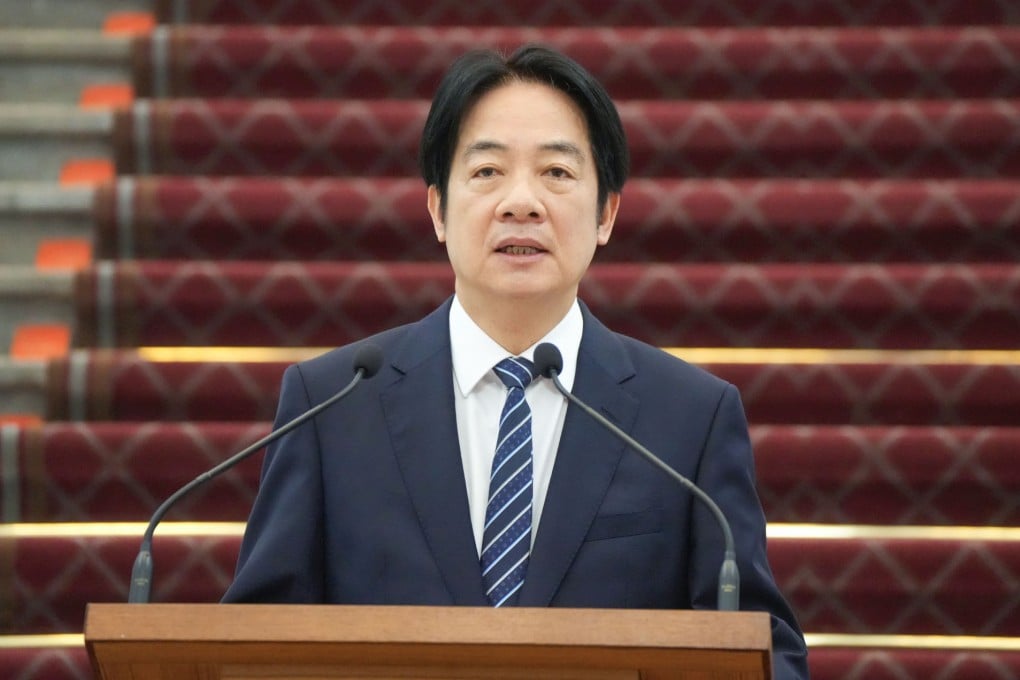Advertisement
Letters | Why Taiwan’s Lai Ching-te was silent on cross-strait relations
Readers discuss the policy constraints confronting the Taiwanese leader, mental health in the LGBTQ community, and the challenge of restricting social media use
Reading Time:3 minutes
Why you can trust SCMP
1

Feel strongly about these letters, or any other aspects of the news? Share your views by emailing us your Letter to the Editor at [email protected] or filling in this Google form. Submissions should not exceed 400 words, and must include your full name and address, plus a phone number for verification
Many had watched to see if Taiwanese leader William Lai Ching-te would clarify his cross-strait policy in his speech last week marking his first anniversary in office. Yet in his remarks – his most internationally scrutinised speech to date – he made no mention of it.
Some may see this as flexible de-escalation or a goodwill gesture. But in fact, Lai had little choice: constrained by US policy uncertainty and limited leverage over Beijing, he had to resort to evasion and strategic self-censorship.
Advertisement
Seen as a proponent of Taiwanese independence, Lai has asserted the two sides are “not subordinate to each other”. His administration has also tightened controls on cross-strait exchanges, from banning academic ties to regulating mainland Chinese spouses and drafting regulatory mechanisms to oversee Taiwanese residents in mainland China. These actions have raised concerns about the systematic dismantling of regular social and interpersonal ties across the Strait.
Though Lai pushes rhetorical boundaries, his diplomatic doctrine remains simple. He has relinquished Taiwan’s ability to manage cross-strait relations and instead pinned all hopes on a harder-line US posture towards Beijing. Yet such a strategy does not always guarantee returns.
Advertisement
The Trump administration, deeply entangled in trade war calculations, shows little appetite for a more assertive Taiwan. The US has not reciprocated with tangible commitments like a security promise or a preferential trade agreement. The US government’s low-key approach to Taiwan has become a source of frustration for the Lai administration.
Advertisement
Select Voice
Choose your listening speed
Get through articles 2x faster
1.25x
250 WPM
Slow
Average
Fast
1.25x